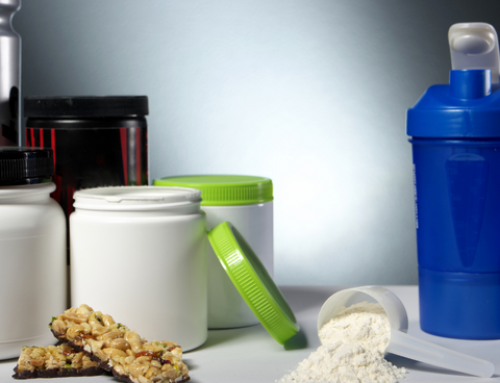Ask the Experts: Is Caffeine Safe for Athletes?
Q: Is caffeine safe for athletes?
A: Man, I hope so. (Hides double latte behind desk.) Many athletes and non-athletes consume caffeine every day in coffee, tea, and other beverages they probably shouldn’t be drinking, like sodas and energy drinks. But according to several studies, when taken in moderation, caffeine is not only safe, it can even improve athletic performance.
Why? Caffeine is a stimulant. It gives you energy. A bit of caffeine before a workout or game can fend off fatigue and help you stay focused. There’s also evidence that it causes the body to use fat stores instead of muscle glycogen during exercise, which accelerates fat burn. Many weight loss supplements contain caffeine for this reason.
But the qualifier “when taken in moderation” is very important. Too much caffeine is not good. For one thing, what goes up must come down. A mega-dose of java usually means a mega-crash not long after. Caffeine is also diuretic—it makes you pee more. Taken in excess, or without ample non-caffeinated liquids, it can result in dehydration. Perhaps worst of all, caffeine can be addictive, so what starts as a small morning cup can, over time, turn into an afternoon dependency on double lattes. Proceed with caution. The American Dietetic Association recommends limiting yourself to between 250 and 300 milligrams per day, which is the equivalent of two to three cups of coffee.
RECOMMENDED FOR YOU
MOST POPULAR
Ask the Experts: Is Caffeine Safe for Athletes?
Q: Is caffeine safe for athletes?
A: Man, I hope so. (Hides double latte behind desk.) Many athletes and non-athletes consume caffeine every day in coffee, tea, and other beverages they probably shouldn’t be drinking, like sodas and energy drinks. But according to several studies, when taken in moderation, caffeine is not only safe, it can even improve athletic performance.
Why? Caffeine is a stimulant. It gives you energy. A bit of caffeine before a workout or game can fend off fatigue and help you stay focused. There’s also evidence that it causes the body to use fat stores instead of muscle glycogen during exercise, which accelerates fat burn. Many weight loss supplements contain caffeine for this reason.
But the qualifier “when taken in moderation” is very important. Too much caffeine is not good. For one thing, what goes up must come down. A mega-dose of java usually means a mega-crash not long after. Caffeine is also diuretic—it makes you pee more. Taken in excess, or without ample non-caffeinated liquids, it can result in dehydration. Perhaps worst of all, caffeine can be addictive, so what starts as a small morning cup can, over time, turn into an afternoon dependency on double lattes. Proceed with caution. The American Dietetic Association recommends limiting yourself to between 250 and 300 milligrams per day, which is the equivalent of two to three cups of coffee.












